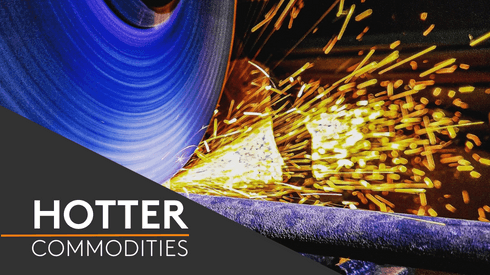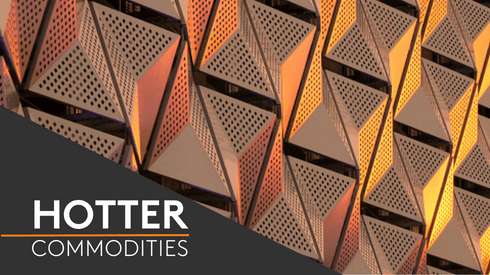The announcement came on Wednesday March 8, a day before ABTC, based in Reno in the US state of Nevada, revealed that it had acquired a second facility in the state’s Tahoe-Reno Industrial Center.
The unit, which is move-in ready, was previously home to a commercial-scale recycling operation for lead-acid batteries, and had a permit “for similar operations.” It also included the necessary infrastructure equipment, according to ABTC.
TechMet-Mercuria and ABTC have executed a term sheet agreement for a $20 million non-dilutive pre-payment for the purchase of ABTC’s black mass intermediary material, and a marketing arrangement for the sale of this material to customers, the two companies announced on March 7.
ABTC ramps up recycling
ABTC has developed an integrated process for the recycling of lithium-ion batteries into battery-grade metals. The company is in the process of setting up a facility to recycle lithium-ion batteries into battery-grade metals for sale to the domestic market, with capacity to recycle more than 20,000 tonnes per year of battery feedstock material.
ABTC’s first facility in Fernley, Nevada, is close to completing construction and will be commissioned in phases, according to the company. The first phase will see battery materials being recycled into copper, aluminium, steel, a lithium intermediate and a black mass intermediate material.
In the second phase, the lithium intermediate will be further refined into a battery-grade lithium hydroxide product, and the black mass intermediate material will be further refined into battery-grade nickel, cobalt, manganese and lithium hydroxide.
“As we ramp-up operations at our first integrated lithium-ion battery recycling facility, the short-term sale of these intermediate products will be a key enabler to accelerating the implementation of the additional phases of our operations to manufacture commercial quantities of cathode-grade battery metal products for domestic markets,” ABTC chief executive officer Ryan Melsert said.
Growth in competition for recycled battery raw materials
Offtake agreements for black mass and recycled battery raw materials have become increasingly common in the past year, with interest and competition in battery recycling expanding in response to the challenges of securing the raw materials that are key to battery production.
In the past year, global commodities producer and trader Glencore has signed deals with recyclers Electra Battery Materials, Li-Cycle and ACE Green Recycling for long-term supply of several battery metal end-products recycled from lithium-ion batteries.
ABTC is among a handful of companies in North America that are working on establishing black mass recycling on a commercial scale.
The others are Electra Battery Materials, LiCycle, Inmetco, Cirba Solutions, Redwood Materials, Princeton NuEnergy, Ascend Elements, Aqua Metals and RecycLiCo Battery Materials.
Full-scale commercial operation in the field has not yet been achieved, however.
Most recently, RecycLiCo announced on March 7 that it had successfully produced bulk quantities of battery-grade lithium carbonate from an industrial feed of cathode scrap, at its hydrometallurgical demonstration plant in Vancouver, Canada.
Separately, Reno-based Aqua Metals announced on February 22 that it had recovered high-purity lithium hydroxide from lithium-ion battery black mass at the company’s pilot recycling plant. It expected to start development of its lithium battery recycling campus later in 2023.
Keep up to date with global market insights and predictions for 2023 and beyond with our NewGen forecasts.






